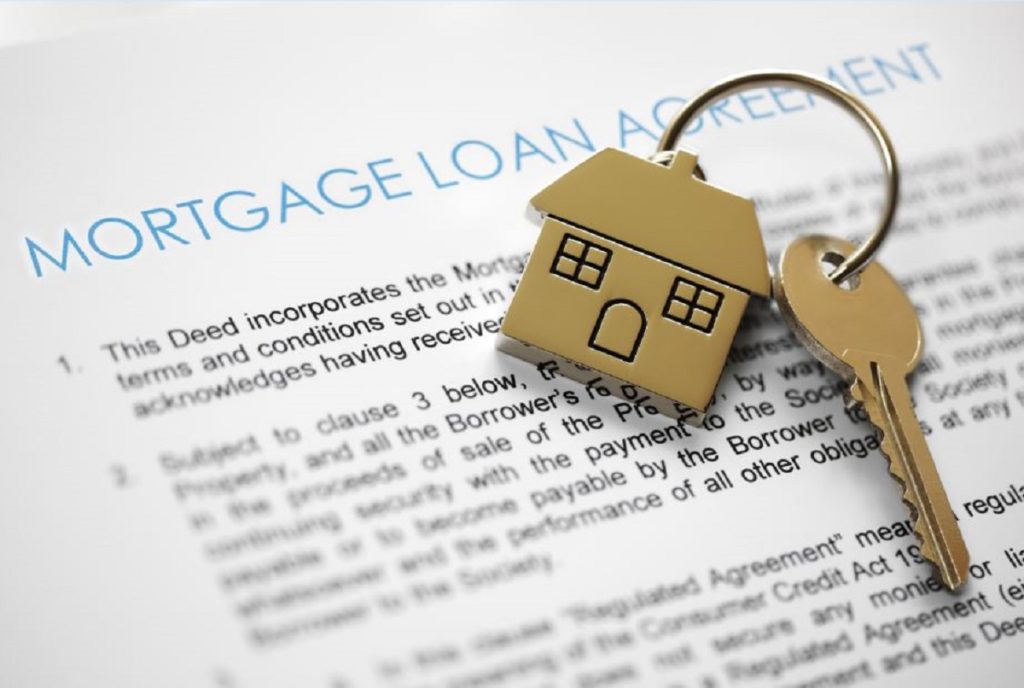Applying for a mortgage usually goes like this: the borrower submits documents, such as a 30-day pay stub and other types of proof of income. They also need to be aware of their credit score. The higher it is, the more likely they can obtain a home loan with a favorable interest rate and payment term.
But how does it go for a self-employed whose income isn’t the same every month? Can they still apply for a mortgage?
It Comes with a Few Caveats
The answer to the above question is yes. The requirements such as the credit score and proof of income remain. They can also qualify for almost the same types of mortgage loans as the employed.
But these come with caveats. The borrower needs to provide more documentation for self-employed individuals when applying for a mortgage, as their income fluctuates on a month-to-month basis. This can be a major hurdle for some would-be homeowners.
Here are the documents that they need to submit:
- About three years of tax returns (including Profit or Loss from Business, Schedule C, E, and F, whichever applies)
- 1099s for the last two years
- Yearly bank statement for the last 12 months
- List of monthly business expenses/projections for the next three years
- Personal financial statement/cash-flow statement
In some cases, self-employed borrowers also have to pay a slightly higher interest rate. Also, they may pay more in down payment, as lenders want to see at least 20 percent down on loans for self-employed borrowers.
Why is it more challenging to obtain a loan as a self-employed? It all leads to one’s ability to make repayments. Lenders are still doing business, which they need to keep afloat. They achieve that when their borrowers pay not only on time but also regularly.
Because self-employed individuals have a fluctuating income, the lenders want to make sure they can repay the amortization whether the company is doing well or not.
4 Tips to Improve Your Chances of Getting a Mortgage
Lenders have the final decision whether a self-employed can get a mortgage. However, entrepreneurs can improve the likelihood with these ideas:
1. Increase the Down Payment
Self-employed individuals need to put on average 20 percent for their down payment, which is significantly higher than that of employed borrowers. But if they can save enough money and make things easier for them, self-employed borrowers should try to put as much as possible into the down payment.
Doing so can provide these benefits to both parties:
- The borrower ends up paying a much lower amortization.
- It may qualify the borrower for more types of home loans.
- Increasing the down payment is a show of good faith and the borrower’s capacity to pay.
- It gives the impression to the lender that the borrower is financially responsible.
- The borrower may no longer have to pay private mortgage insurance (PMI).
2. Improve the Credit Score

The higher your credit score with the credit reporting agency, the better are the chances of a borrower getting a home loan. And since your credit score matters to lenders, it’s better to have a higher one.
One of the ways that self-employed individuals can improve their credit score is by maintaining a low utilization rate. The credit utilization rate is the amount of debt one owes in comparison to their total credit limit. If self-employed individuals keep this at 30 percent or below, they have a higher chance of improving their scores.
3. Provide More Kinds of Collateral
Mortgages are a type of secured loan, which means it needs collateral. Often, the house itself is the collateral.
Self-employed individuals, however, could provide more assets as collateral. The higher its value, the better.
It’s also beneficial for them to provide more types of collateral to lessen their chances of “appraisal risk.” This refers to the chance that the property they’re going to buy doesn’t appraise high enough compared to its assessed value or purchase price.
4. Keep Track of the Rent Expenses
Not many are aware that rent is often not part of the credit report and, thus, doesn’t count toward the credit score. That can be problematic for the millions of self-employed who are also renters.
Fortunately, times have changed. Fannie Mae now allows lenders to consider rental payments to evaluate the overall creditworthiness of a person. They only have to submit at least 12 months’ worth of rentals as proof.
Mortgages are for everyone who can qualify, including self-employed individuals. Although applying for one can be more time-consuming and difficult, it is doable with a few sensible tips, as discussed above.



